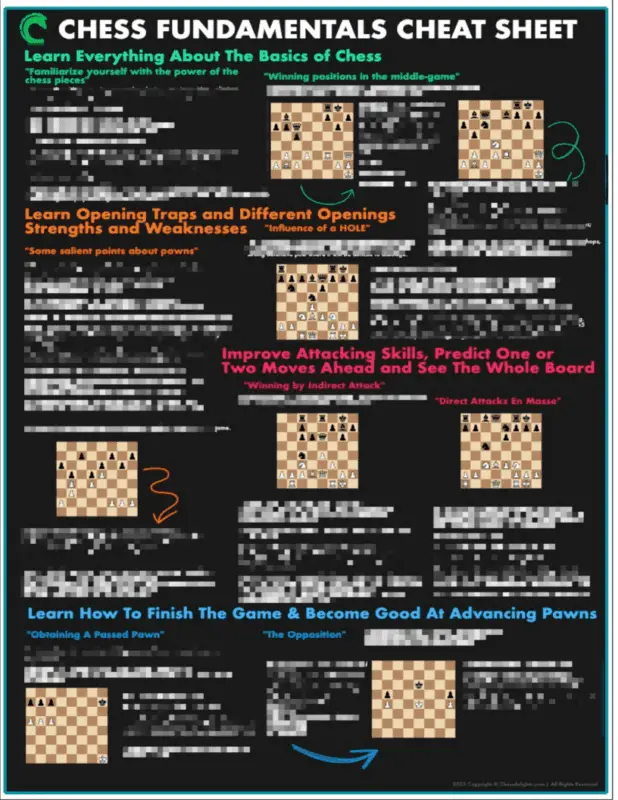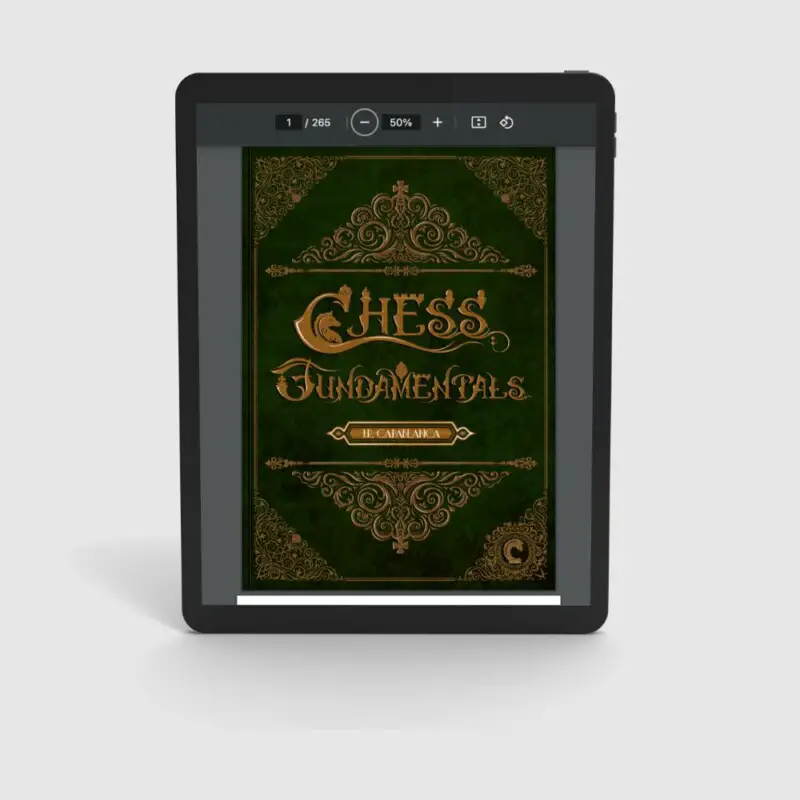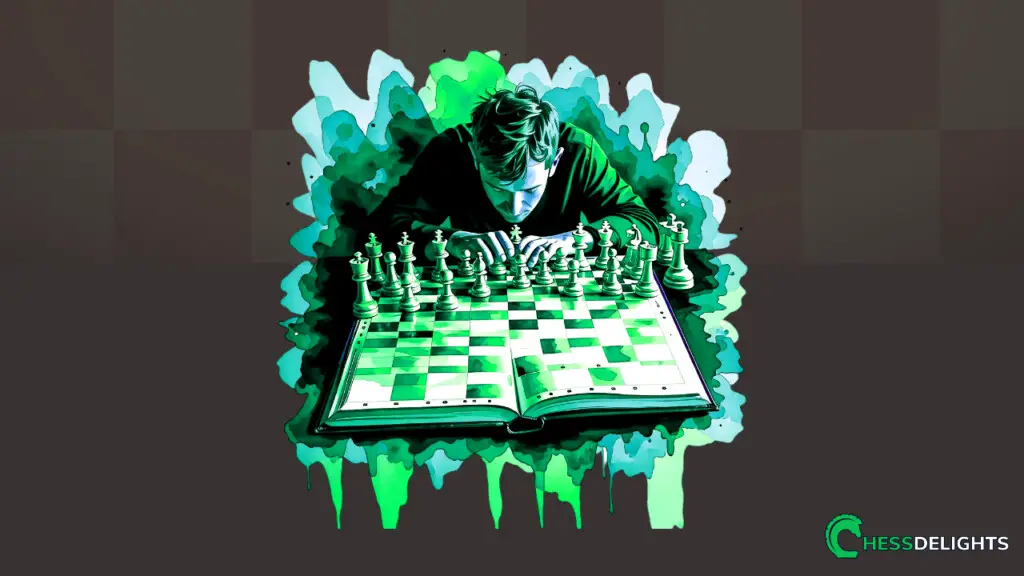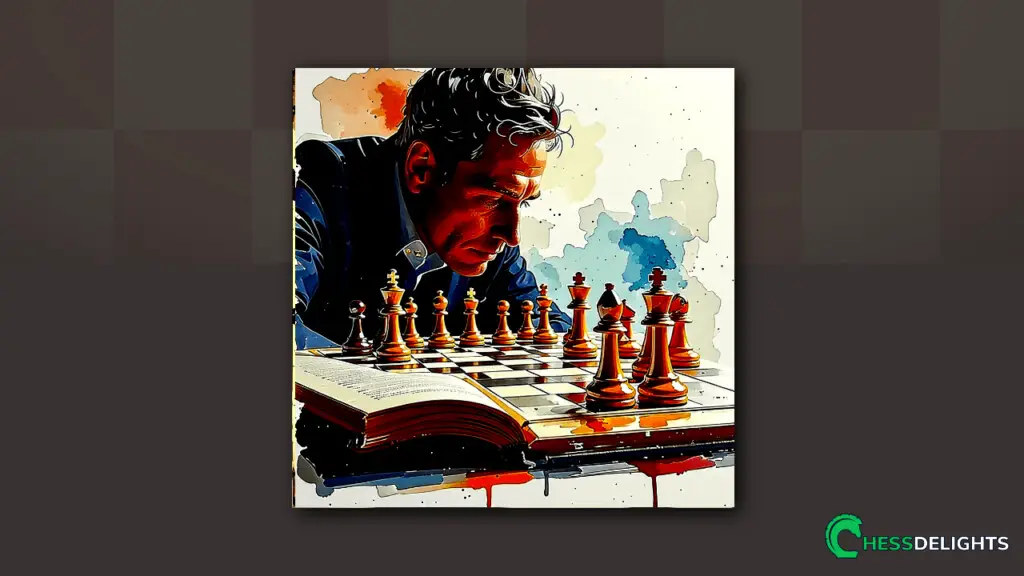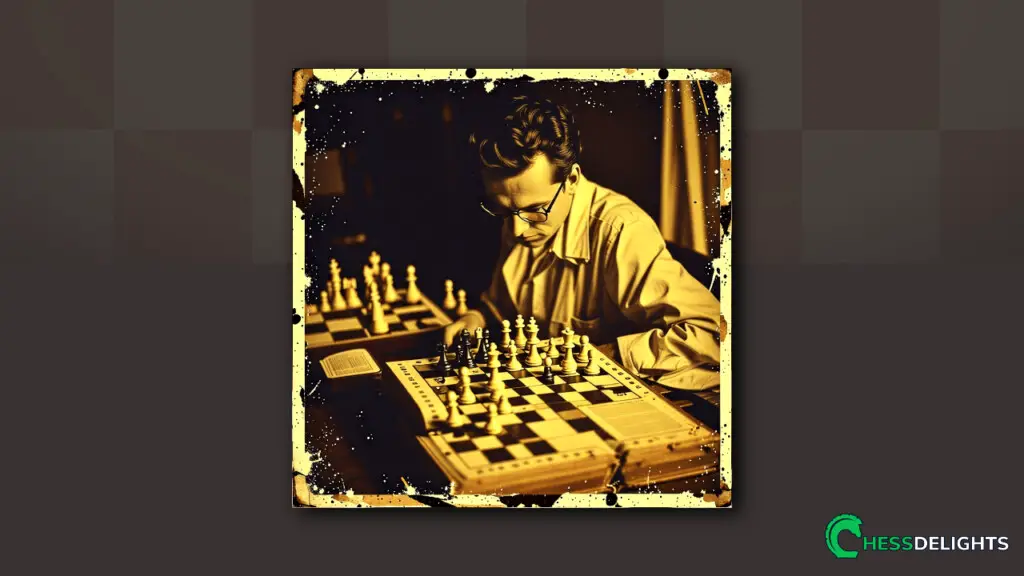The high cost of chess books is a topic often discussed within the chess community. As per discussions on popular chess forums in Reddit and Chess.com, the primary reasons include the niche market these books cater to and the intensive effort required to write them. This involves deep analysis, providing comprehensive instructions, and complex diagrammatic representations of the game's scenarios.
However, the value derived from chess books significantly depends on the reader's engagement. Some players find themselves accumulating chess books without completing them, suggesting that the high cost may not always translate to its use.
It's important to note that reading chess books can be worth the investment for those serious about improving their game, offering strategic insights and guidance that can enhance understanding and performance.
For beginners, the wide range of available options can seem overwhelming. The cost of chess books, while high, can be justified by the depth of knowledge they offer to enthusiasts, beginners, and seasoned players.
Table of Contents
What Factors Contribute to the High Price of Chess Books?
The price of chess books can be quite high, which can be attributed to various factors.
The first among these is the cost of production. I have found through my experience and observations that creating a chess book is far from simple. It demands the skills and knowledge of seasoned authors who are well-versed in the game, and in many cases, these authors are professional players or coaches.
Their expertise and reputation can drive up the price. Moreover, the market for chess books is relatively niche. Given that the pool of potential buyers is smaller than that of more mainstream genres, the costs of production—which include authoring, editing, designing, and printing—are spread over a smaller number of copies.
This economic reality leads to higher prices per book. And most especially the quality and depth of the content also factor into the price. In my personal experience, I've noticed that books offering intricate strategies, detailed analysis, and insightful commentary are often priced higher.
This is because they offer immense value to the reader, particularly to those who are serious about improving their game.
Recommended Reading: If you want to know how to learn chess from books, read this article.
Does the Niche Market of Chess Players and Enthusiasts Drive up the Price of Chess Books?
Yes, the niche market of chess players and enthusiasts certainly plays a significant role in driving up the prices of chess books. The economic principle of supply and demand applies here just like with any other product or service.
Since the demand for chess books isn't as high as for other genres, the production costs are divided over fewer copies, leading to higher prices per book. My personal experience as a chess enthusiast confirms this – I've often had to pay a premium for specialized chess books compared to more mainstream genres.
Recommended reading: If you want to read more about if chess books are worth it, check out this article.
Are there Specific Chess Books that are More Expensive than Others, and Why?
Indeed, some chess books are more expensive than others. The price is impacted by factors like the author's reputation, the depth and uniqueness of the content, and the book's availability.
For example, books penned by renowned chess grandmasters or those that provide comprehensive coverage of intricate strategies and tactics tend to be more expensive.
This is because they offer valuable insights that help players elevate their game, and thus people are willing to pay a premium for them.
On a related note, I've also found that rare or out-of-print books can be more expensive due to their limited availability. Collectors or enthusiasts who desire these books for their unique content or for their rarity value are often willing to pay higher prices, which in turn drives up the market price.
Recommended reading: If you want to read more about what chess books you should read first, check out this article.
Do Digital or e-Book Versions of Chess Books Cost Less Than Physical Copies?
Digital or e-book versions of chess books generally cost less than their physical counterparts. This is primarily due to the elimination of costs associated with physical production such as printing, paper, binding, and shipping.
In my experience, I have noticed a significant price difference between e-books and physical books in many cases. However, this doesn't mean that all e-books are cheap.
The price can still vary depending on various factors like the author's reputation, the depth and exclusivity of the content, and the publisher's pricing strategy.
Also, some highly sought-after chess books are only available in physical form, making them more expensive.
Our Popular Product
Limited Offer ChessDelights Edition of Jose Raul Capablanca's Chess Fundamentals Book PDF
Now: $4.99 Only Regular Price: $6.99
Are there Affordable Alternatives to Expensive Chess Books for Learning the Game?
Absolutely! There are plenty of affordable alternatives to expensive chess books for learning the game. I have found several online platforms that provide a wealth of free or low-cost resources.
These include tutorial videos, blogs, articles, and discussion forums where players can learn new strategies and share experiences.
I have personally benefited from chess apps and websites that offer interactive games with real-time feedback, which are a very cost-effective way to improve skills.
Moreover, joining a local chess club could be another affordable alternative. Many of these clubs offer free or cheap coaching sessions for their members.
How Does the Price of Chess Books Compare to Other Learning Resources like Chess Coaching or Online Courses?
In my observation, the price of chess books can sometimes be higher compared to other learning resources like chess coaching or online courses. This is partly due to the tangible nature of books and the costs associated with their production and distribution.
However, books usually provide more detailed and comprehensive coverage of the game's strategies and tactics. They serve as a reference that you can go back to at any time.
On the other hand, online courses or chess coaching offer more personalized and interactive learning experiences, which can also be beneficial for better understanding and mastering the game.
The choice between the two largely depends on your personal preference and learning style.
Recommended reading: If you want to read more about the best way to learn chess, check out this article.
Are there Ways to Access the Content of Expensive Chess Books, like Libraries or Book sharing, Without Purchasing them?
Yes, there are several ways to access the content of expensive chess books without actually purchasing them. Libraries, for example, often stock a good selection of chess books that can be borrowed.
I have found some rare and expensive chess books in libraries. Also, many libraries now offer e-books, which allows you to access these books digitally from anywhere. Apart from that, book sharing or swapping with other chess enthusiasts can be another great option.
I have also seen several websites or online platforms that provide access to cheaper second-hand chess books or even free excerpts or summaries of these books.
Recommended reading: If you want to learn more about books that teaches positional plays, read this article.
